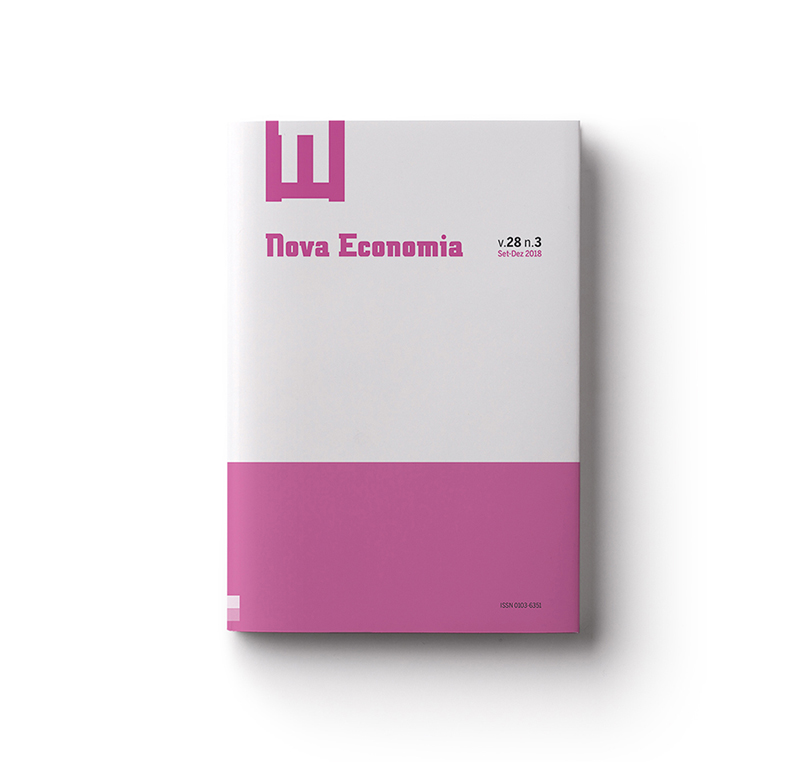Intergerational equity and discount rate in long term environmental impacts
Abstract
This paper evaluates the concept of intergenerational equity in the environmental evaluation of projects with long term impacts in relation to the determination of the discount rate. The concepts of intergenerational equity in the Economy and the ways found to include this aspect in the definition of the discount rate used in the economic measurement of the environmental costs with long term impacts are analyzed. The proposals presented by Padilla (2002) and the application of the Ramsey Formula with equivalent safety are adopted in the analysis. The analyzes conducted showed that there is a significant difference in the adoption of the discount rate, which is said to be sustainable compared to the market rate in the Brazilian case. Some suggestions in terms of decision making are presented at the end.
Downloads
Published
How to Cite
Issue
Section
License
Authors who publish with this journal agree to the following terms:
- Authors retain copyright and grant the journal right of first publication with the work simultaneously licensed under a Creative Commons Attribution 4.0 International License that allows others to share the work with an acknowledgement of the work's authorship and initial publication in this journal.
- Authors are able to enter into separate, additional contractual arrangements for the non-exclusive distribution of the journal's published version of the work (e.g., post it to an institutional repository or publish it in a book), with an acknowledgement of its initial publication in this journal.
- Authors are permitted and encouraged to post their work online (e.g., in institutional repositories or on their website) prior to and during the submission process, as it can lead to productive exchanges, as well as earlier and greater citation of published work (See The Effect of Open Access).




